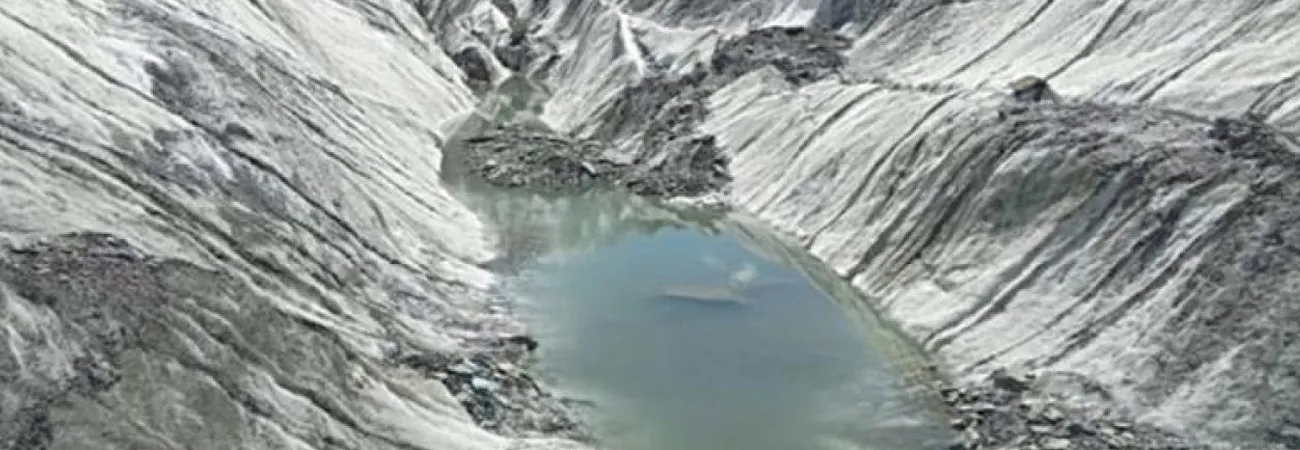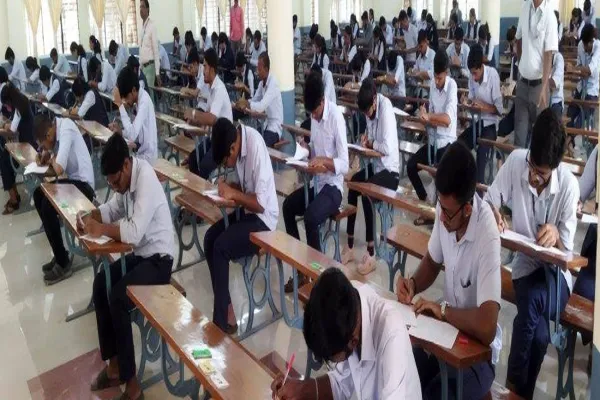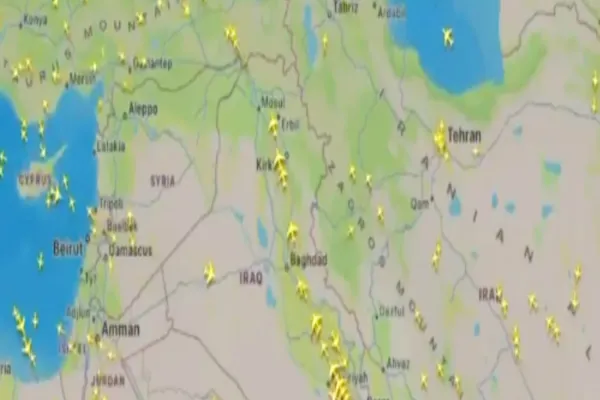i NEWS PAKISTAN
National Disaster Management Authority (NDMA) Chairman Lieutenant General Inam Haider stated on Monday that the country is currently experiencing the seventh spell of the monsoon season, with two more spells expected to follow. He warned that the melting of glaciers poses a threat to Gilgit-Baltistan and Kashmir, and that Islamabad and Rawalpindi could also be affected.
During a media briefing alongside Federal Minister for Climate Change Musadik Malik and Minister for Information Attaullah Tarar, the NDMA chairman said that Pakistan is passing through its seventh monsoon spell and that climate change is accelerating the melting of glaciers. He added that this trend could intensify in the coming years.
According to him, glacier melt is increasing the risk for areas like Gilgit-Baltistan and Kashmir, while cloudbursts in Khyber Pakhtunkhwa have made the monsoon situation more serious. He recalled that Pakistan had also faced severe flooding in 2022. He revealed that so far, around 670 lives have been lost, and unfortunately, 80 to 90 people are still missing. With two more monsoon spells expected, the final one will likely pass by September 10.
Complete data on the damages will be available after that date. Lieutenant General Inam Haider said the government, with the help of the Pakistan Army and other institutions, is collecting data, and the top priority is rescuing people and relocating them to relief camps. As per the prime minister’s directives, more than 400 relief camps have been established. Army engineers are also providing all possible support to assist those affected.
Relief trucks are being dispatched in convoys to Buner and other affected areas, and every effort is being made to deliver food supplies to the victims. The NDMA chairman added that reserve systems are in place at army aviation bases, and severely injured individuals are being taken to major hospitals. Large CMH hospitals have also been put on alert, and the Prime Minister will soon approve a national relief package to address the damages.
Federal Minister for Climate Change Musadik Malik stated that due to climate change, cloudburst conditions have emerged. He stressed that Pakistan contributes less than 1% to global carbon emissions, yet glaciers are melting due to the carbon output of major polluting nations—about 7 to 8 countries that are damaging the environment. He said efforts are underway, in collaboration with provincial governments, to restore infrastructure and to confront this natural disaster collectively.
The federal government is committed to compensating flood victims and taking meaningful steps for their rehabilitation. Musadik Malik expressed heartfelt sympathy for the victims and emphasized that Pakistan, despite contributing little to global emissions, is bearing the brunt of the climate crisis. He assured that comprehensive efforts are being made to address the damage.Information Minister Attaullah Tarar also addressed the media, noting that a high-level meeting chaired by the Prime Minister had taken place to review the recent flood situation caused by monsoon rains.
The meeting assessed the current status in Khyber Pakhtunkhwa and Gilgit-Baltistan, as well as the ongoing relief and rescue operations. He added that coordination with provincial governments has been effective, and several pre-monsoon planning meetings were held at the National Command and Control Centre with participation from all provincial representatives.
According to him, NDMA has been consistently providing data to the relevant authorities through its early warning system, and strong national-level efforts are ongoing to manage the situation. He concluded by saying that relief supplies and aid operations are in progress, and that the Pakistan Army and all welfare organizations are actively assisting those affected.
Credit: Independent News Pakistan (INP)









